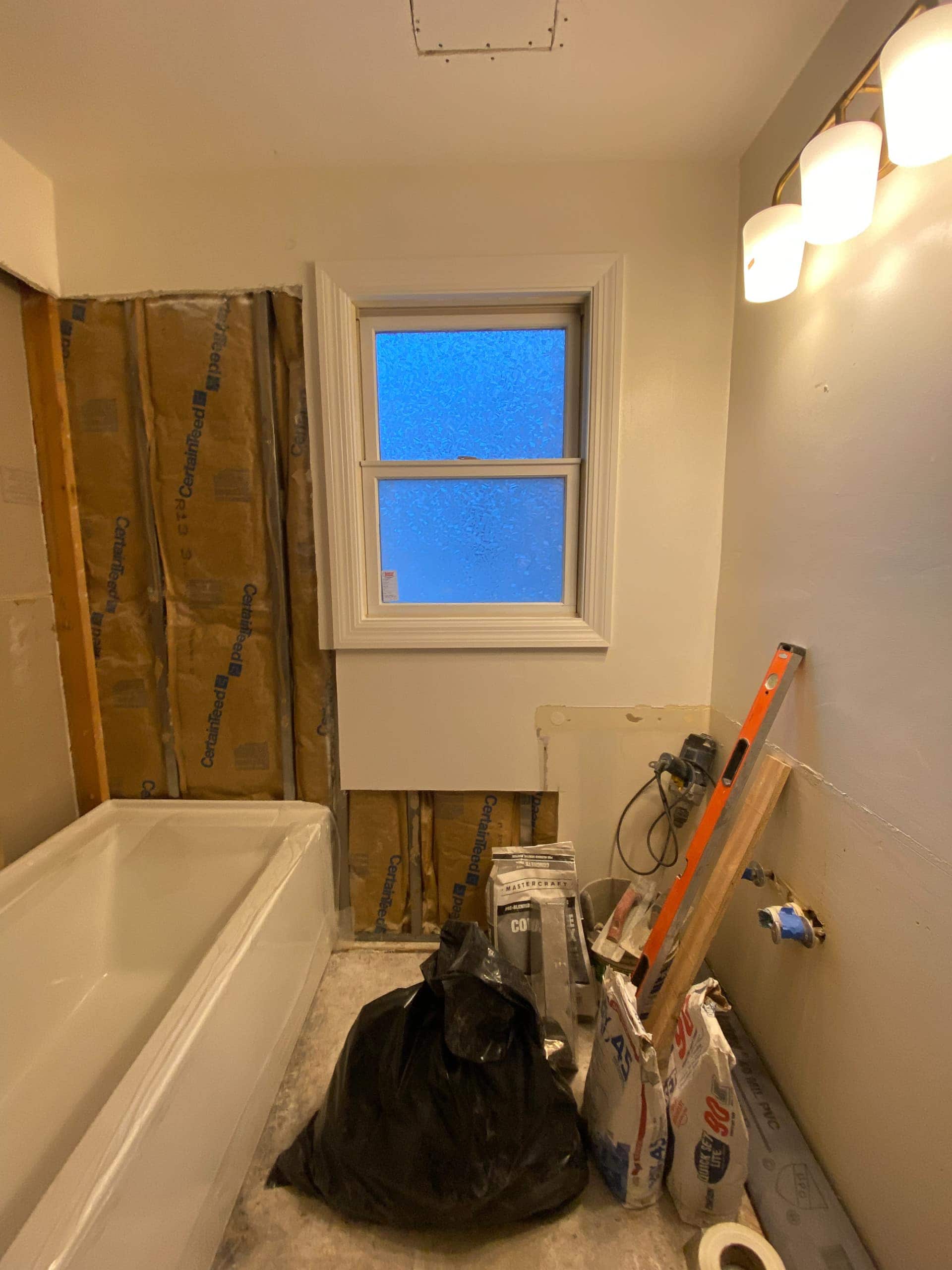What are some basic troubleshooting skills every homeowner should have?
Every homeowner should possess some basic troubleshooting skills to handle minor issues and avoid unnecessary expenses or inconvenience. Here are some essential skills to consider:
Plumbing:
- Unclogging drains: Knowing how to use a plunger or snake to clear simple clogs in sinks, tubs, and toilets can save you both time and money compared to calling a plumber.
- Shutting off the main water valve: Understanding where the main water valve is located and how to shut it off is crucial in case of leaks or major plumbing emergencies.
- Fixing leaky faucets: Learning to replace worn-out washers or cartridges in leaky faucets is a straightforward repair that can prevent wasted water and potential damage.
Electrical:
- Resetting tripped circuit breakers: Knowing how to identify and reset tripped circuit breakers can easily solve power outages in specific areas of your home.
- Changing light bulbs and fuses: This straightforward skill ensures proper lighting and appliance function.
- Spotting basic electrical hazards: Being able to identify exposed wires, overloaded outlets, or signs of overheating can prevent potential electrical fires.
Appliances:
- Basic troubleshooting: Many appliance issues can be resolved with simple steps like cleaning filters, checking connections, or resetting the unit. Familiarizing yourself with common issues for your specific appliances can save you from unnecessary service calls.
- Basic maintenance: Simple tasks like cleaning condenser coils in refrigerators or defrosting freezers can improve efficiency and lifespan.
Home maintenance:
- Checking and changing air filters: Regularly changing air filters improves air quality and protects your HVAC system.
- Sealing drafts around windows and doors: Drafts can waste energy and make your home uncomfortable. Sealing these areas can improve efficiency and comfort.
- Clearing gutters and downspouts: Proper drainage prevents water damage to your roof and foundation.
- Basic carpentry skills: Learning simple repairs like tightening loose door handles or fixing leaky windows can be helpful.
Additional tips:
- Invest in a basic toolkit: Having essential tools like screwdrivers, pliers, a wrench, and a plunger readily available can make troubleshooting easier.
- Consult online resources: Numerous online resources and tutorials can guide you through basic repair tasks.
- Know your limitations: Don't attempt complex repairs beyond your knowledge or comfort level. Call a professional for electrical issues, gas leaks, or major plumbing problems.
Remember, even small repairs can prevent larger issues and save you money and time in the long run. By learning some basic troubleshooting skills, you can become a more confident and capable homeowner.

Comments
Post a Comment
Thanks